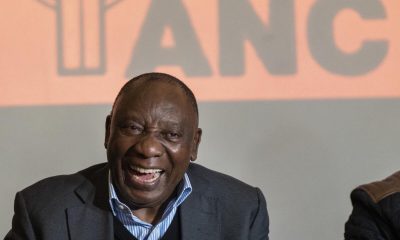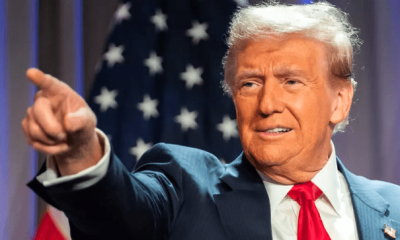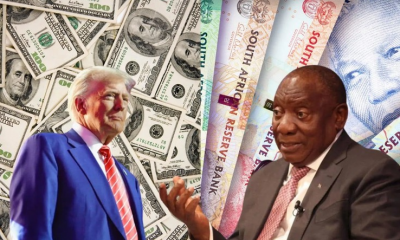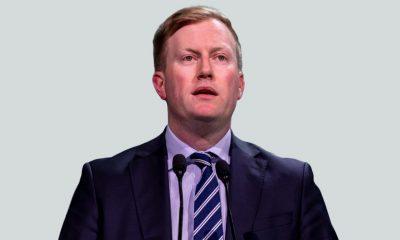411
South Africa’s Shrinking Fiscal Multiplier Puts Economy on the Brink

South Africa’s government is spending more than ever, yet the economy is struggling. Without meaningful growth, the country’s shrinking fiscal multiplier is placing the nation’s financial future at serious risk.
A fiscal multiplier measures how much economic growth is generated for every R1 the government spends. If the multiplier is above 1x, government spending contributes positively to economic output. If it’s below 1x, the country is spending more than it gets in return—effectively digging itself into a financial hole.
Unfortunately, South Africa’s fiscal multiplier is declining, raising concerns that government expenditure is doing little to stimulate long-term economic growth.
Why South Africa’s Fiscal Multiplier Is Shrinking
The core problem lies in how government money is being spent.
While public funds are increasing, they aren’t delivering the intended results:
- Education and Healthcare: Despite heavy investment, South Africa still lacks the skills it needs, and healthcare outcomes remain poor.
- Infrastructure Failures: Billions spent on projects like Medupi and Kusile power stations have led to operational disasters, requiring even more funds to fix.
- Debt-Funded Spending: Instead of boosting productivity, much of the spending has been funded by debt, which shrinks investor confidence and reduces economic returns.
Busi Mavuso, CEO of Business Leadership South Africa (BLSA), warns that unless the government shifts its focus to economic growth, the country could face a financial crisis.
“In the past, we saw a rapid rise in debt to fund government spending under Jacob Zuma, which alarmed investors and drove them away,” she said.
Despite National Treasury’s efforts over the past four years to restore investor confidence by managing debt and cutting spending, South Africa is once again at a crossroads.
The Budget Crisis: What Went Wrong?
Last week’s delayed budget announcement exposed the pressures facing the government.
Finance Minister Enoch Godongwana initially planned to increase spending on education, healthcare, and social grants, while also offering some tax relief. However, funding this plan remains a major challenge.
Key budget pressures include:
- A 5.5% increase in the public sector wage bill.
- Plans to increase VAT to 17%—which fell through due to political resistance.
- Limited options for new revenue sources, as businesses and taxpayers already face high tax burdens.
With limited alternatives, the government now faces three difficult choices:
- Cut spending—unlikely due to political resistance.
- Raise taxes—challenging as higher tax rates could push businesses and individuals to relocate.
- Borrow more money—which could push South Africa deeper into a debt crisis.
Debt: The Worst Option for South Africa
While increasing debt may seem like an easy way out, it could have severe long-term consequences.
Currently, more than 20 cents of every R1 the government spends already goes toward repaying existing debt.
Ratings agencies and international financial institutions—including the IMF and World Bank—have warned South Africa about the dangers of excessive borrowing.
Mavuso stresses that economic growth is the only sustainable way forward.
“The GNU must use the budget to stimulate economic growth. This is the only way the government can sustainably increase social spending while also improving its financial position,” she said.
The Way Forward: Prioritizing Economic Growth
If South Africa wants to avoid a financial disaster, the government must restructure spending to drive real economic growth.
Key strategies include:
Investing in industries that drive job creation—such as manufacturing, technology, and renewable energy.
Encouraging private sector investment—by restoring investor confidence through policy certainty and economic reforms.
Strengthening infrastructure projects—ensuring money is spent efficiently, with accountability and long-term economic benefits.
Cutting unnecessary spending—focusing only on expenditures that will boost productivity and economic resilience.
Without decisive action, South Africa risks falling into a deeper financial crisis—one where debt spirals out of control, tax revenues shrink, and economic growth remains stagnant.
The budget announcement on 12 March will be a critical moment to see whether the government chooses a path of economic recovery—or financial disaster.
Follow Joburg ETC on Facebook, Twitter , TikTok and Instagram
For more News in Johannesburg, visit joburgetc.com



























